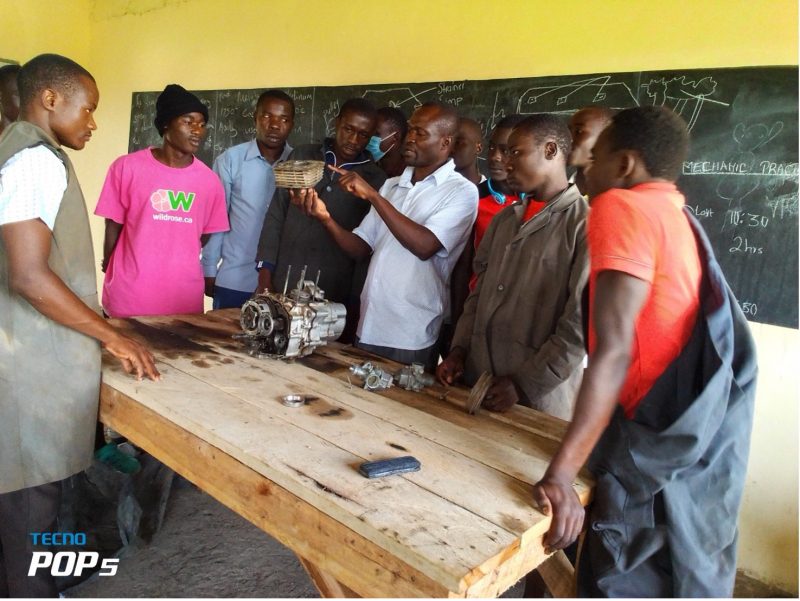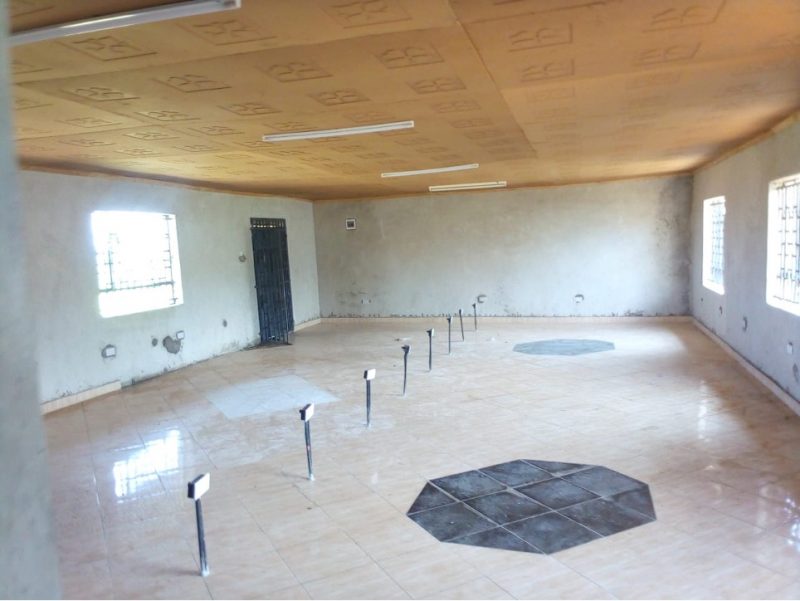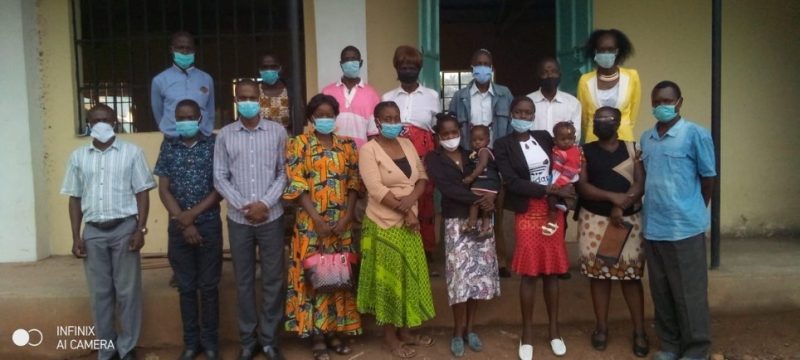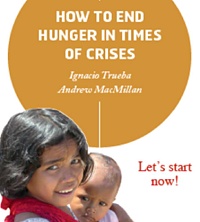Casella Postale 29, Scansano, 58054 GR, Italy
Dear Friends of Got Matar,
Our world seems to have been turned upside down by a clever virus. It is quite extraordinary how quickly it has engulfed the whole globe and how, as soon as we think that it is about to disappear, it reinvents itself in new guises that outpace vaccine improvements.
Although those of us of advanced age are the most vulnerable to COVID 19, it is the young whose lives are most seriously damaged, with schools closed for months on end, exams postponed and job opportunities messed up.
In Kenya there have been lock-downs and school closures, and the tourist industry – normally a mainstay of the economy – has totally collapsed. However, during this year, the Got Matar Community Development Group has been able to push ahead successfully with its planned building programme, aimed at expanding the training capacity of its Institute of Technology (IoT). I am sure that, as donors, you will join me in congratulating the Community and staff for doing all they could to keep things moving forward during very difficult times.

Car mechanics class in the Automotive Department training workshop, built in 2020
The first achievement has been to complete the first phase of a girls’ hostel at the IoT. This will help the Institute to increase its enrolment of female students in line with its gender balance goals. It has been generously funded by the BERFRED Foundation which had also fully financed a nursery for young children of IoT students in 2020. This was temporarily closed because of COVID but now is once again in full swing.
The second building project this year has been the construction of a new computer training building which will be completed before Christmas. One of its advantages is that it will provide enough space and equipment to make sure that all IoT students, whatever their main subject, will be able to acquire a high level of computer competence before they leave the Institute. This should improve their chances of finding good jobs once they have graduated.

The Computer Training Centre, nearing completion in October 2021
The engagement of IOT students in the construction of new facilities has become a normal practice. It has helped to bring down construction costs, given lots of students a chance to earn income from which to pay their tuition fees, and, above all, exposed them to the practical aspects of building, plumbing and electrification as well as making desks, chairs and bunks.
Because all eyes are on COVID, it is easy to forget that our engagement with the Got Matar Community was sparked by another pandemic. While COVID 19 tends to kill the elderly, 20 years ago HIV/AIDS infections reached a peak in Kenya, killing the sexually active population – the bread-winners –, devasting rural communities. At that time, I visited Bondo District, which had the highest HIV infection rate of all districts in the country, to try to learn from people living there as to how they thought that they could recover from a situation that had left one third of all children to grow up as orphans, usually cared for by their impoverished grandparents.
Last year, I wrote a short article comparing the different impacts of the Coronavirus and HIV pandemics.
Embarking on a comprehensive education programme for all young people in the area served by the 10 primary schools was the centrepiece of the Community’s response to the HIV/AIDS crisis. The support that you have been giving to the Community’s education programmes has opened up amazing opportunities for all children born at the height of that pandemic to get high-quality primary and secondary education and enjoy the prospect of making a decent living. The best sign that this is happening is that, as we have gradually cut back on external funding of bursaries for attendance at the secondary school, the equivalent number of deserving students are having their studies financed by local alumni. We are also seeing a huge increase in enrolment at the secondary school where pupil numbers have climbed from the planned 600 to 1240 right now, so that it is bursting at the seams.
2022 will be the tenth anniversary pf the founding of the Community’s Institute of Technology (IoT) which offers technical training in a wide range of practical skills that can equip its 230 students to contribute to local development. Courses are now being run in ten subjects in newly constructed specialised training workshops and the aim is to gradually expand the curriculum to include additional courses. The immediate investment priority, however, is to complete the second phase of the girls’ hostel at the IoT. In second place is the construction of a school office including meeting rooms. And the Community and the IoT Board are now trying to decide on the next training priority for girls that could benefit the local population.

IoT teaching staff and Board of Management members following a strategic planning meeting
Each year when I write to you who have been helping Got Matar or expressing interest in becoming involved, I ask myself why I never seem to be able to raise enough money to meet the Community’s planned investment priorities! I like to think that Got Matar provides a great opportunity for donors who want to make a difference in Africa to invest in a very well managed education programme that benefits hundreds of the poorest rural children in Kenya and can bring new prosperity to the area.
The great strength of the programme is that it has been designed and managed entirely by local volunteers who give their time and skills to the Community Development Group. As the Community’s fund-raiser I meet any overhead costs: this means that 100 per cent of all you give ends up with the Community Development Group. Though I am in regular contact by phone and email with Grace Ochieng Andiki – the founder of the CDG and its programme coordinator – I have felt no need to spend funds on visiting Got Matar since 2006 when we agreed on goals and on how we would work in partnership. That partnership remains strong.
I was struck the other day by an article written by William Hague, former UK Foreign Secretary, in which he claimed that ‘the West’ should ‘push Africa in the right direction’ to avoid the threat of rapid population growth overwhelming Europe with greater flows of migrants. Though he wrote this while Britain was airlifting people and dogs from Kabul, he doesn’t seem to have learnt from Afghanistan that pushing developing countries in what people like him consider as ‘right direction’ is a recipe for certain failure. I felt that he and others could learn a lot from Got Matar and many other highly successful locally inspired initiatives across all of Africa and throw their weight – and money – behind achieving their priorities rather than yet again seek to impose their own self-interested agendas on countries that they claim they want to help. I have written a short piece on this, including some reflections on the relationship between population growth and investments in education and health in Kenya.
I very much hope that you will feel that there are good reasons for continuing to support Got Matar and can perhaps persuade some of your friends to help out!
Donations
I have been in recent touch with both Ace Africa (UK) in London and with Vanda Altarelli who runs Associazione SONIA in Rome. I am delighted that they have kindly confirmed their willingness to continue to provide valuable assistance in accepting and managing donations on behalf of the Got Matar Community Development Group.
Ace Africa (UK) (https://www.ace-africa.org)
Like the Got Matar Community Development Group (GMCDG), Ace Africa was formed in the first decade of this century to help communities in western Kenya to respond to the horrific impact of the HIV/AIDS pandemic. Ace Africa (UK) is mainly concerned with collecting funds for their locally managed operational programmes in Kenya and Tanzania. The Kenyan programme, led by Augustine Wasonga, has provided useful guidance to the GMCDG in developing management systems for running its expanding programme. Our partnership arrangements are explained in their website.
Ace Africa (UK) kindly collects and transfers funds (mainly in £ stg but also in other currencies) subscribed by donors for Got Matar. I suggest that, if you want to donate to Got Matar, you follow the updated guidance on options for donating to Ace Africa given on their website at https://www.ace-africa.org/donate/. Please make sure that you indicate, preferably to Liv Jarman at olivia.jarman@ace-africa.org the details of your gift and the intent that it should be given to Got Matar. If you are resident in the UK, please also indicate whether your donation can be treated as gift aid.
Associazione SONIA (https://www.associazionesonia.org/ ) in English and Italian
SONIA was created as a charity registered in Italy by our friend, Vanda Altarelli, in memory of her daughter. Largely as a result of her own dedication and commitment to a better world, SONIA has created and managed an impressive portfolio of projects and other initiatives in relation to rural development, education, health and the environment. Vanda volunteered to help Got Matar in funds collection and administration many years ago, handling mainly donations denominated in Euros.
I suggest that, in making donations, you follow the guidance given in a simple form that is available on the Got Matar website. If you make a payment intended for Got Matar, please inform Vanda by email (vandarella@gmail.com).
With very best wishes to you and your families for a joyous, successful and healthy 2022,
Andrew and Roberta MacMillan
On a personal note, may I draw your attention to the conversion into an EBOOK of How to End Hunger in Times of Crisis that I wrote with Ignacio Trueba in 2013. You can download it FREE from the Got Matar website home page www.gotmatar.org
